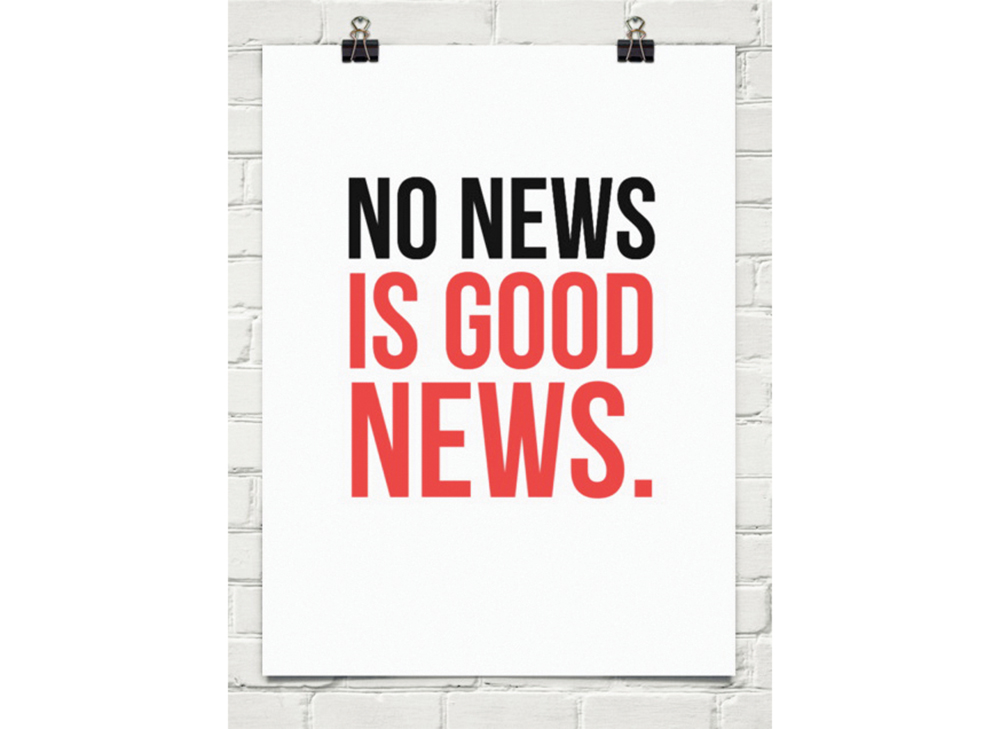
Once again, all eyes are on the Land of Israel, the people of Israel, and we, scattered across the world, hang on every bit of news from our homeland. If we have relatives there, we’re concerned about their welfare as well, but innately we all care about the chayalim and the citizens who we don’t know, but who are still part of our extended family. The question is, is staying tuned in to every last detail the best thing for us?
With the bountiful access to video both from the Israeli and Palestinian sides, people are sharing the horrors, atrocities and inhuman behavior of the terrorists, but to what end? Is it creating a better situation? I don’t think so. I think that sadly, many people mean well but are doing the wrong thing.
The news is titillating to be sure, and people discuss it with a macabre fascination. The question is why we need to share and discuss everything. Could it be that we’re playing right into the terrorists’ hands? They want to frighten us and make us fear them so they perpetrate the most horrible acts humans can imagine. When we spread word of their acts, we’re helping them achieve their goals.
In addition, we must consider whether speaking of these things on Shabbos and Yom Tov, when we are supposed to be happy, is appropriate. Perhaps we transgress the prohibition of “v’daber davar,” not speaking of things that don’t pertain to Shabbos, as well as the spirit of the law, by making this our focus for discussion. Yes, we want to be able to daven for them, but that doesn’t mean we have to have lengthy conversations on these days, and maybe not on any days.
It is important for us to know that Klal Yisrael is in trouble, and it affects all of us, regardless of our geographical location. That doesn’t mean we should be discussing and sharing all the gory details. On the contrary, this is not the derech Yisrael Saba.
When he approached the end of his life, Yaakov Avinu explained to Yosef why he had buried Rachel Imeinu in Beis Lechem. It was a question which Yosef must have wondered for decades, but Yaakov did not discuss it because it was unpleasant and sad. We learn from here not to be the bearers of bad news, nor discuss things which can cause anguish.
I personally know people who have been experiencing severe anxiety from all the stories and the people sharing don’t realize the damage they are doing. We must ask ourselves why we’re sharing what we are, and whether it’s good for the Jews or not.
Some of you may be taking my “ignorance is bliss” approach to task in your minds right now, and arguing that it’s important for us all to know exactly what’s happening and not put our heads in the sand. I’m not proposing being unaware that we are at war, only that we cut down on the noise.
The Mishna in Sota discusses what the Kohein assigned to the army would tell the soldiers when they went to battle. He would tell them not to be afraid of the clashing of swords (the origin of the phrase, “saber-rattling” I assume) or the crashing together of shields. These are just sound effects intended to break our spirit. The terrorists of Hamas and other organizations are using the same sort of mental warfare as their counterparts of millennia past. Do we really need to help by rebroadcasting their attempts to terrify people? I think not.
Yes, on the one hand, knowing what they are doing clues us in to where we’ve failed. If they take hostages, chas v’shalom, perhaps we’ve treated other people like pawns in our own quest for success, and not recognized who they really are.
If they hurt people, we must ask ourselves whether we have hurt people, even doing things that are the equivalent of killing them. But on the other hand, there is a point when it’s too much.
I think it is enough for us to know that Hashem wants something from us, and it’s time to give Him what He’s asking for: Tehillim, tefilos and more achdus. We’re reading Parshas Bereishis this week, and we relive the choice Adam HaRishon made, which we all get to make each day: Whether we will let ourselves be tripped up by the yetzer hara trying to convince us we don’t need to listen to Hashem, and that we are just as great and mighty as He is, or if, instead, we will seek to be the superhumans we were created to be—as Hashem intended it.
Jonathan Gewirtz is an inspirational writer and speaker whose work has appeared in publications around the world. He also operates JewishSpeechWriter.com, where you can order a custom-made speech for your next special occasion. Sign up for the Migdal Ohr, his weekly PDF dvar Torah in English. Email info@JewishSpeechWriter.com and put Subscribe in the subject.









